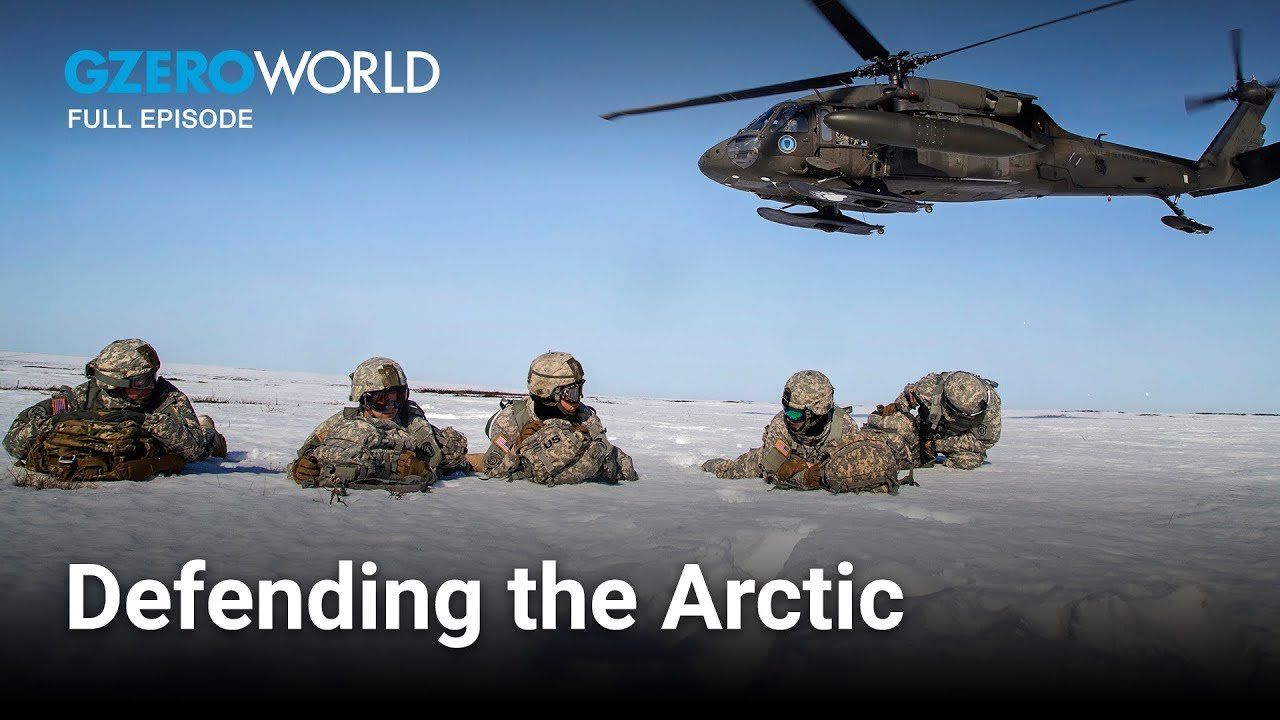
Alaska is on the front lines of an increasingly hostile US-Russian relationship. With the Arctic Circle melting and shipping lanes opening, things could get ugly fast.
On GZERO World, Ian Bremmer sits down with Alaska Governor Mike Dunleavy. He is clear-eyed about the growing military importance of Alaska as tensions rise in the Arctic, especially with increased Russian and Chinese activity in the region. “Alaska is truly the operational fort for North America,” he tells Bremmer. Dunleavy also calls for more investment in military infrastructure, including icebreaker ships, to secure America's Arctic frontier. “We only have two [icebreakers] in the United States. Because of Alaska's position and what is happening now geopolitically and with a warming Arctic, Alaska should have a minimum of five icebreakers."
Dunleavy also frames Alaska as “an energy and economic giant" poised to lead in America’s energy future. He underscores Alaska’s vast natural resources, from oil and gas to rare earth minerals. “We have 49 of the world's 50 rare earth elements. The largest gold mine on the planet is up there. The list goes on and on.” He also highlights Alaska’s renewable energy potential, including geothermal, wind, and tidal power, framing the state as a key player in the global energy transition.
Dunleavy, a Republican, also criticizes his state’s relationship with the federal government, which he says often treats the state "like a large national park." He argues that Alaska’s resources are critical not just for the state but for the nation, especially as the world shifts towards greener technologies that rely on rare minerals. The governor also emphasizes the need for streamlined federal permitting processes to fully unlock Alaska's potential, both economically and environmentally.
GZERO World with Ian Bremmer, the award-winning weekly global affairs series, airs nationwide on US public television stations (check local listings).
New digital episodes of GZERO World are released every Monday on YouTube. Don''t miss an episode: subscribe to GZERO's YouTube channel and turn on notifications (🔔).